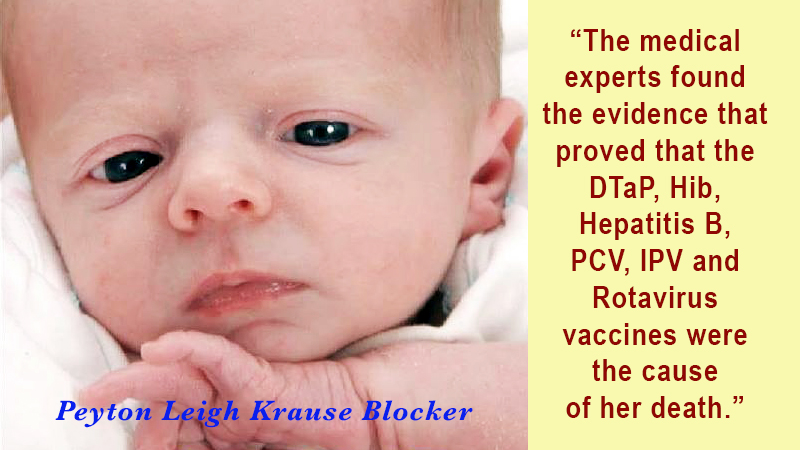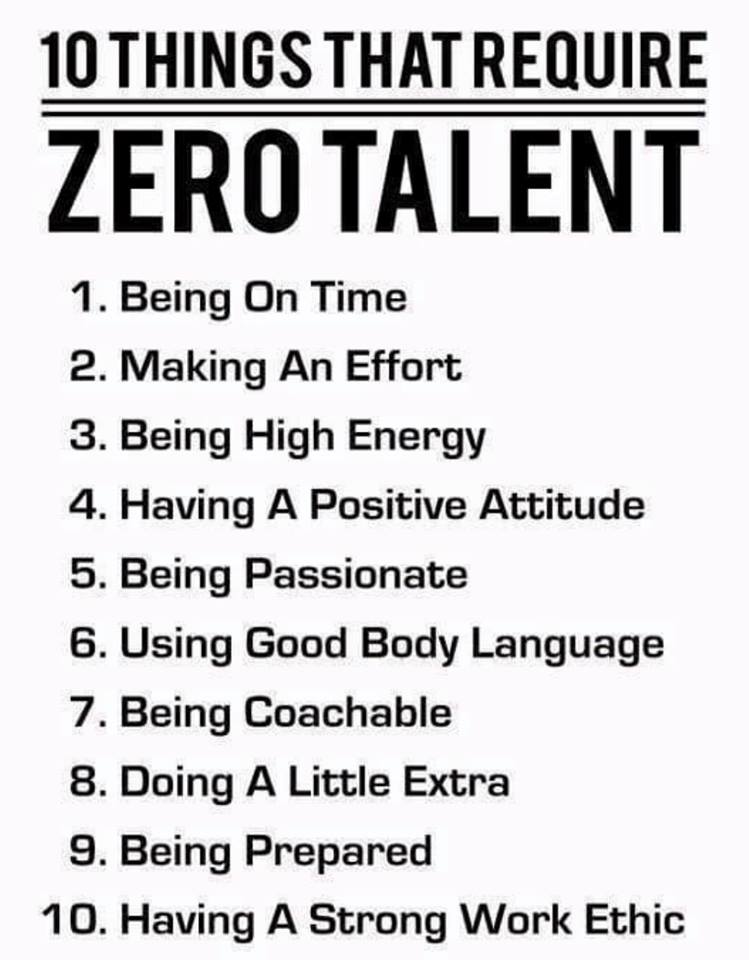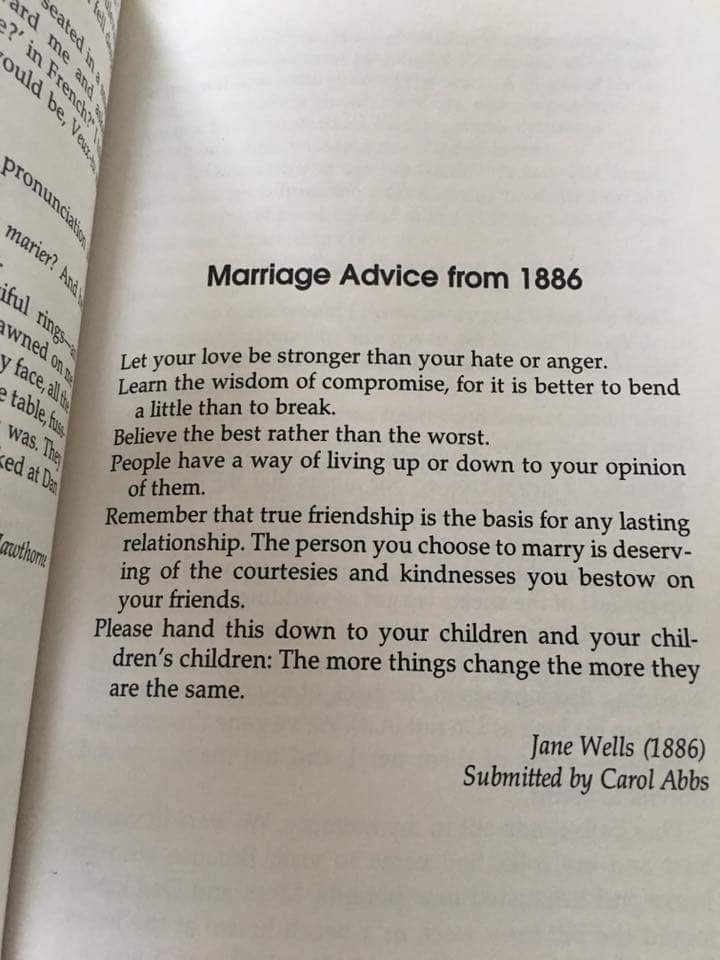
Reality can be sobering, even if simulated. Bottom line, our best defence aginst know and unknown pathogens is a healthy, strong immune system uncompromised by vaccines and other toxins.

Tom's Blog on Life and Livingness

Reality can be sobering, even if simulated. Bottom line, our best defence aginst know and unknown pathogens is a healthy, strong immune system uncompromised by vaccines and other toxins.

Kara Krause tragically lost her baby girl, Peyton, 12 hours after being injected with eight vaccines in 2008. Through the National Vaccine Injury Compensation Program (NVICP) and Special Master’s “Vaccine” Court, it was proven the DTaP, Hib, Hepatitis B, PCV, IPV, and Rotavirus vaccines killed her daughter.
Almost two years after her death, I was told about the NVICP (National Vaccination Injury Compensation Program). This is a “non-fault” government-run program funded by a tax on the vaccines. It acts as an insurance policy to protect vaccine manufacturers from being sued for vaccination related deaths and injuries. Their cases go to trial as any other court cases, but they are overseen by a Special Master, not a jury. The Special Master hears both the victim and government’s arguments. If, and only if, proven scientific data or testimony (not a casual link or circumstance) is presented by the plaintiffs, the master then decides on the amount of compensation to be awarded to the victim or their family.
I was told by the lawyers who accepted Peyton’s case, (apparently VICP lawyers take very few of the cases submitted to them) that in order to be able to pursue a wrongful death or civil case, I had to go through the VICP process first. This was a complete lie. (I blame myself for not doing more research on the program.)
The VICP process took approximately 2-1/2 years. In that time, all my questions were answered. The medical experts found the evidence that proved that the DTaP, Hib, Hepatitis B, PCV, IPV and Rotavirus vaccines, were in fact, the cause of her death. I thought this was a great thing. I now had scientific proof, expert testimony, and a sum of money to be able pursue other suits, to bring awareness that vaccines actually do cause deaths. What I didn’t know, was filing with the VICP did not extend the statute of limitations (as I thought), in essence making it legally impossible to file for a wrongful death, medical malpractice, or any civil suit. But at least I had the medical evidence to educate others, right?? Instead what I’ve found is no one listens.
Every pro-vaxxer spouts out statistical data and research trends to argue their case. Herein lies the problem: we aren’t capable of doing the same. Victims of vaccination related death that go through the VICP are NEVER accounted for. Their “non-fault” clause covers up the data that would reveal the truth behind these deaths. My daughter’s death certificate will ALWAYS read, “Sudden Unexplained Death in Infancy (SUDI).” Her death will NEVER be part of any statistical data that would show the truth behind vaccines. Her death, and many others, aren’t accounted for in any material that pro-vaxxers or doctors use to attempt to convince us on how “safe and effective” vaccines are.


Health Freedom Idaho
Vaccines August 20, 2018
This new HEP B vaccine was approved for use on pregnant women. It includes an entirely new synthetic DNA adjuvant that will trigger a part of the immune system science discovered in the past decade. There was limited study information, so instead post-marketing data gathered to determine if there are any issues. The US Vaccine Advisory Panel called the Advisory Committee on Immunization Practices (ACIP), is the group that approves vaccines for public use in the United States. Most members have connections to the pharmaceutical (aka vaccine) industry. Vaccines are approved for use and included in CDC recommendations by this organization. An adjuvant is a substance added to produce a high antibody response using the smallest amount of virus (antigen) possible. By definition adjuvants are considered to be “pharmacologically active drugs.” They are designed to be “inert without inherent activity or toxicity” and yet they are required to “potently augment effects of the other compounds” in the vaccines. [8] It is difficult to explain how a substance can be defined as pharmacologically active and at the same time be described as inert and have no activity or toxicity. With this newly approved vaccine with a brand new adjuvant, the initial study 19 people had heart issues – 16 DIED! The panel approved 100% to use on the general public. Safety of the product will be measured with post-marketing data. What exactly does that mean? Uninformed mothers will be the experiment, any negative outcomes will be recorded to determine if the safety of the vaccine. No one will be liable or accountable for the negative outcomes that include harm, injury or death.
Those who believe that science is settled and thoroughly studied – is this your definition of science?
https://healthfreedomidaho.org/new-hepb-vaccine-approved-for-testing-on-general-population

Good things to teach our children/grandchildren!


What are the odds of seeing these two together?

Very sound advice from an obviously very wise woman!

For me, this year is about closing the gap. I want to close the gap between where I am, who I am and what I manifest to be closer to my ultimate potential. I want to wind up the year stronger, kinder, wiser, more compassionate, more competent and far more able to communicate and help others.
What’s your goal for you this year?